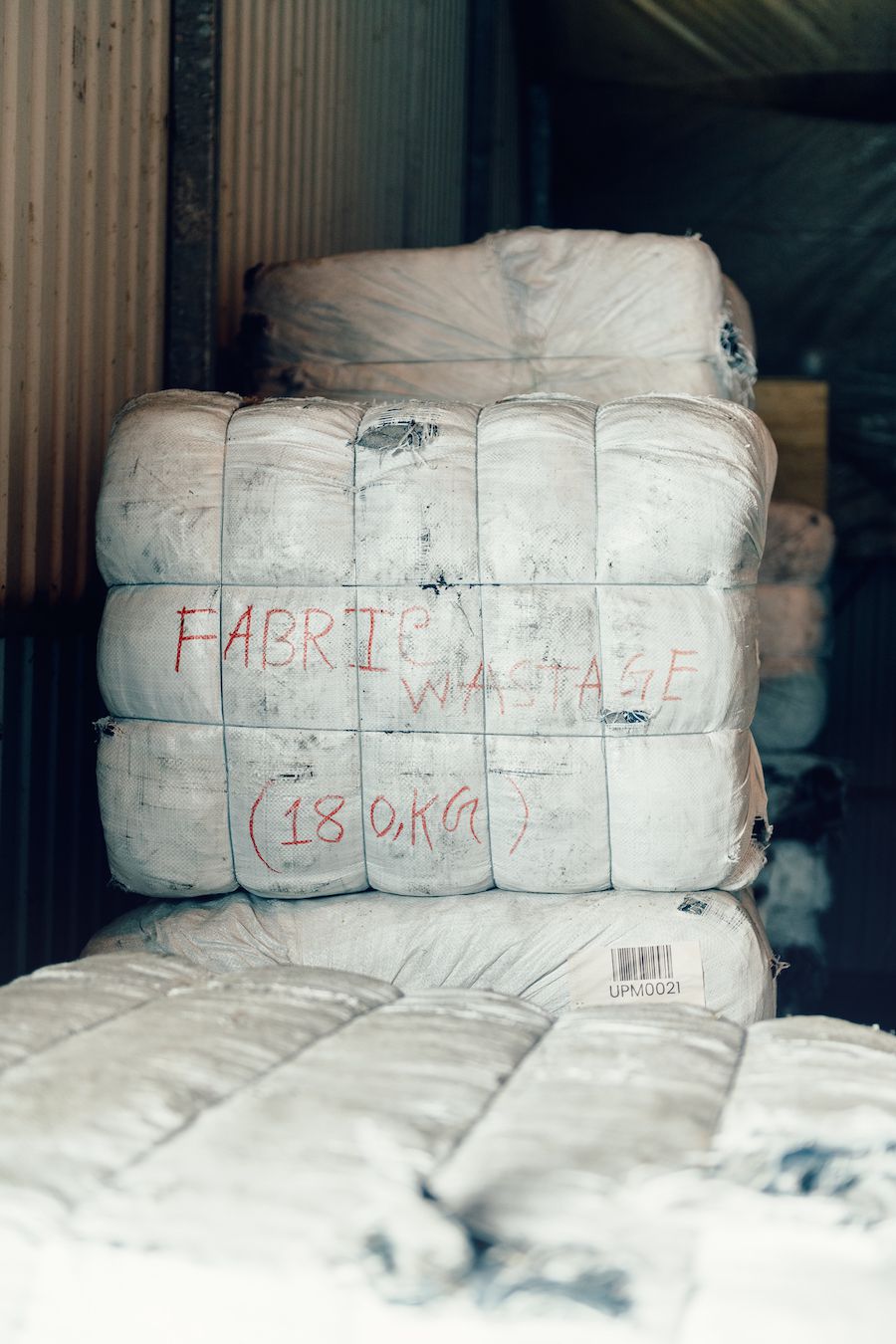
Zara-owner Inditex has committed to buy 2,000 tonnes of fibre made using raw material supplied by textile-to-textile recycler Renewcell. The move is the latest sign of support from the industry, after a weak sales update at the Swedish scale-up earlier this month sent jitters through the sector and raised questions about the credibility of fashion’s sustainability commitments.
Brands have said they are betting big on recycling to help them meet climate goals by moving towards more circular ways of operating. Investors in turn have put money into new chemical recycling technologies that are now beginning to reach commercial scale.
Renewcell is one of the first to have an industrial plant up and running, making it an early test case for whether brands’ voluntary climate commitments will translate into real sales of lower-impact materials. Slower-than-expected uptake of the company’s recycled cellulosic pulp spooked investors.
But players in the space have rallied this week in an unusual public effort to calm market fears.
“A small bump in the road should not overshadow the incredible progress [Renewcell has] made over the last decade,” sustainable fashion incubator Fashion for Good said in an open letter posted on LinkedIn Thursday. “First-to-market technologies will always face challenges. However, the progress made by Renewcell cannot be overstated, nor should the strong drivers for Renewcell’s relevance in the industry be overlooked.”
On Friday, Inditex said it had agreed to buy the first 2,000 tonnes of fibre made with a blend of Renewcell’s Circulose material and virgin cellulose from producer Tanshang Sanyou. Earlier this week, the fast-fashion giant announced another deal to buy recycled polyester from US start-up Ambercycle, the latest in a series of investments in recycling technology.
Still more work is going to be needed across the industry to increase supply of lower-impact raw materials if brands are to meet their own climate commitments and comply with incoming government regulations in key markets like Europe and the US. At present, a lack of investment and clear demand signals from brands means fashion will face a 133 million tonne shortfall in 2030, according to a report published earlier this week.
Learn more:
Fashion Faces Massive Shortage of More Sustainable Raw Materials
Without greater commitment and investment from brands, the industry will face a 133 million-tonne shortfall in supply of lower-impact materials in 2030, according to a new report.



